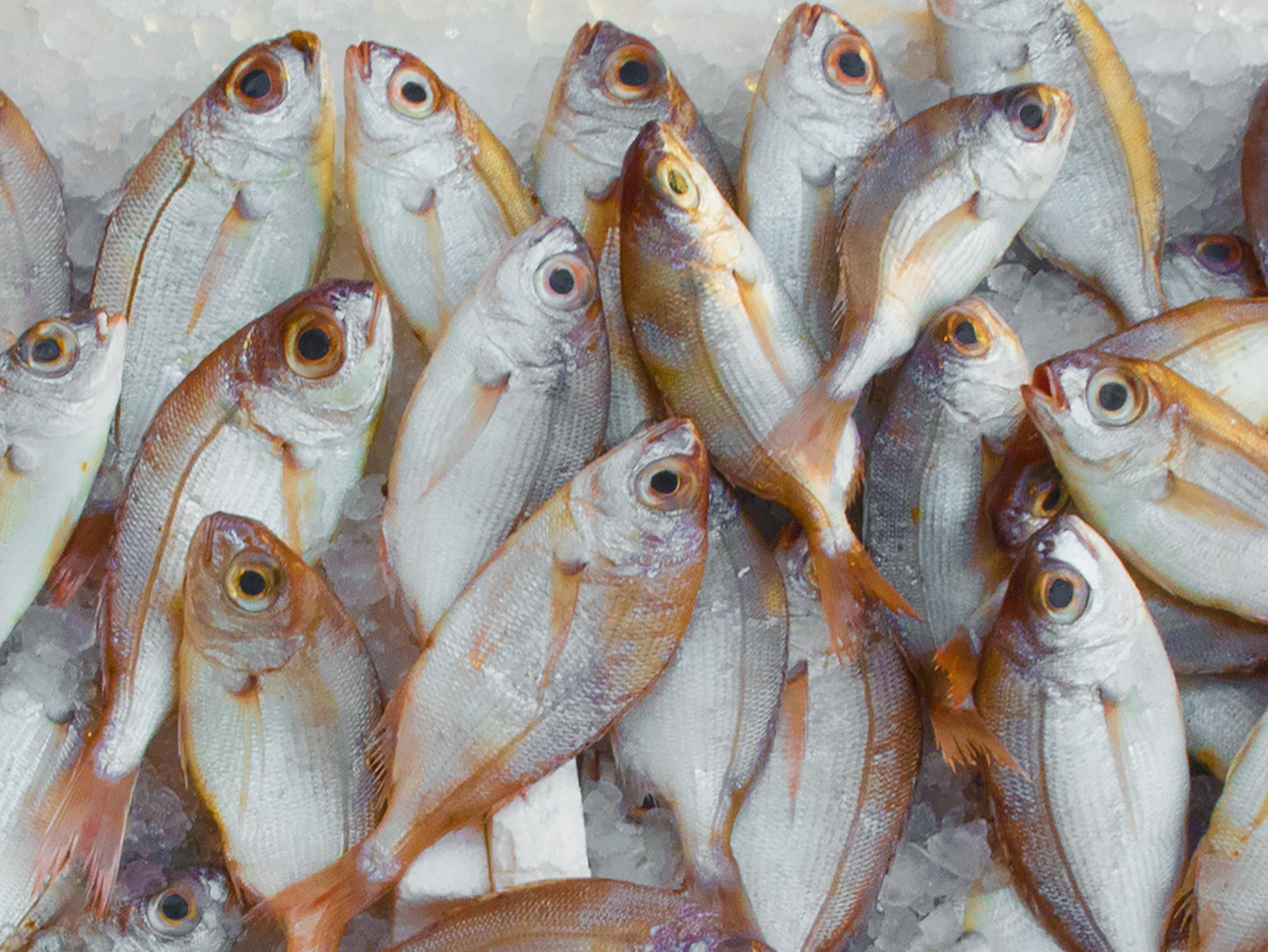Skin, scales and fish tails: using collagen to turn fish guts into gold

New research from Swinburne could transform the sector by converting high value collagen proteins from seafood by-products into cosmetics, food, and pharmaceuticals.
In summary
- Seafood processing generates up to 90,000 tonnes of waste in Australia annually
- New research from Swinburne could transform the sector by converting high value collagen proteins from seafood by-products into cosmetics, food, and pharmaceuticals
- This new circular economy presents an innovative model for reducing waste in the seafood industry
Seafood processing generates up to 90,000 tonnes of waste in Australia annually, including heads, tails, guts, skin, and scales. Landfilling, the most common method for disposing of seafood waste, significantly contributes to environmental pollution.
However, new research from Swinburne University of Technology could transform the sector by converting high value collagen proteins from seafood by-products into cosmetics, food, and pharmaceuticals.
This new circular economy presents an innovative model for reducing waste in the seafood industry, creating high-value products, and eliminating the need for other animal-based sources to manufacture collagen proteins.
The groundbreaking research is led by Dr Nisa Salim from Swinburne’s School of Engineering under the Sustainability Victoria’s Circular Economy Innovation Fund by the Circular Economy Business Innovation Centre (CEBIC), on behalf of the Victorian Government.
“More than 50 per cent of a salmon is generated as by-products and discarded as waste,” Dr Salim says.
“My team is offering an economical and environmentally friendly method to produce high value collagen protein from aquaculture by-products, opening an innovative model for reducing waste generation in fish industries.”
“Our solution is to use seafood by-products as a sustainable and ethical source of collagen. We take these by-products and turn it into a valuable resource through the production of collagen protein. This approach will eliminate fish waste going to landfill and instead can be used for consumer products.”
From lipstick to lentils: the many uses of converted collagen
“We have a clear plan for demonstrating our product, starting with feasibility trials and testing, small-scale production and scaling up as demand grows. We have also identified potential markets and customers for our product, including major food and cosmetic companies,” she says.
Collagen is a protein that has a wide range of applications when extracted: from a thickening agent in food, to hydration in cosmetics, to wound healing in medical products. The collagen market is predicted to grow between USD 5 to 8 billion within the next five years.
Dr Salim and the team at Swinburne are partnering with the End Food Waste Cooperative Research Centre to accelerate this opportunity for the aquaculture industry. She says she is confident that the project has the potential to make a real difference with a positive impact on the environment, society, and economy.
“Our circular economy design creates a win-win situation. This can reduce waste and environmental impact, create economic opportunities and offers a sustainable and ethical alternative to animal-based collagen production.”
“Together we can work towards a sustainable future.”
-
Media Enquiries
Related articles
-

- Science
If quantum computing is answering unknowable questions, how do we know they’re right?
A new Swinburne study is tackling the paradox - if quantum computing is answering unknowable questions, how do we know they’re right?
Tuesday 16 September 2025 -

- Health
World-first disease progression model offers new hope for muscular dystrophy patients
Patients with a common type of muscular dystrophy will benefit from a world-first AI powered disease progression model with ‘life-changing’ implications, using advanced MRI imaging at Swinburne University of Technology.
Friday 05 September 2025 -

- Design
Why some clothes shrink in the wash — and how to 'unshrink' them
When your favourite dress or shirt shrinks in the wash, it can be devastating, especially if you followed the instructions closely. Unfortunately, some fabrics just seem to be more prone to shrinking than others – but why?
Tuesday 05 August 2025 -

- Science
Swinburne hosts 2025 National Youth STEM Summit
Over 160 young Australians recently gathered at Swinburne’s Hawthorn campus for the first Melbourne-hosted National Youth STEM Summit. Attendees heard from leading voices in STEM, including Professor Alan Duffy, Professor Misty Jenkins AO, and Dr Doug Hilton AO.
Wednesday 13 August 2025 -

- Science
- University
Unlocking the quantum world for National Science Week
Marking the International Year of Quantum Science and Technology, Swinburne highlighted its world-class quantum research centres and community driving real-world applications in technology, health and energy.
Monday 18 August 2025

